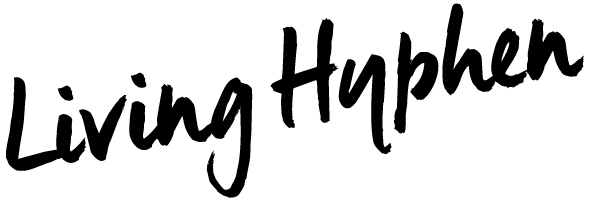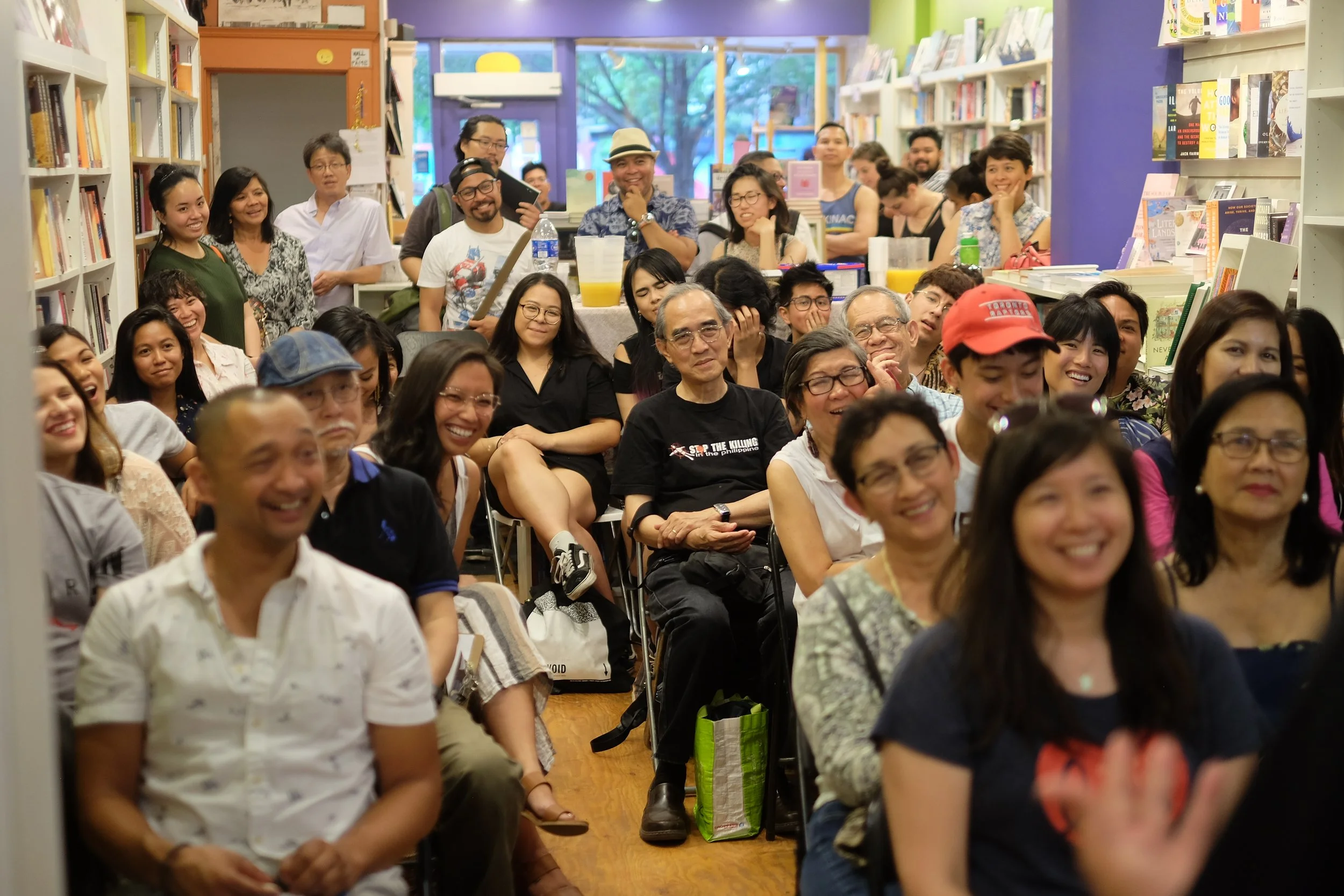Tapping Into the Power of A Single Question
This post was originally published on our Medium blog.
Where are you from?
It’s a question that those of us who are of hyphenated identities often struggle to answer because well, it’s complicated. It’s a question laden with racist undertones, a quiet indictment that we don’t belong to this place simply because of the colour of our skin, the way that we look, or the sound of our voice.
But when it is asked in earnest curiosity and attempt at connection, it can also be uncomfortable simply because it is a question that often doesn’t have clear or easy answers.
When I reflect on this question for myself, my mind goes in so many different directions:
Where am I from if I grew up rejoicing in the snowstorms of Canada but went “home” to the beaches of the Philippines in the summer?
Where am I from if I could relate more to the Italian, Chinese, and Vietnamese girls I grew up with, and sang “Oh Canada!” proudly every morning at school?
Where am I from if I believe in the Western value of independence and outspokenness, but also cherish the East’s respect and deference for family and community?
A Simple Shift in Questioning
Where are you from?
At the heart of it, Living Hyphen was born out of this question. Our inaugural issue of Entrances & Exits invited artists and writers from all across Canada and from over 30 ethnic backgrounds to contribute their work in exploration of this question.
When I was putting the magazine together so many moons ago, I opened each story with the artists’ name and their “hyphens” or “where they’re from”. I assigned these “hyphens” based solely on the contents of the story they submitted or the sound of their name.
But mid-way through this process, I stopped myself. I was making assumptions about people I didn’t really know.
So I reached out to each contributor, and I asked not “where are you from” but rather, “how do you identify?”
And let me tell you, that simple shift in questioning opened up entire worlds to me.
I learned that James was not just Salvadoran-Canadian as his story focused on, but rather Salvadoran-Nicaraguan-Canadian. His father is from El Salvador and his mother is from Nicaragua.
I discovered that Angela, despite being from India, identified as Punjabi-Sikh-Canadian. She felt closer to a region and religion than a specific country.
I learned that Miguel, though he lives in Canada, does not feel comfortable claiming that Canadian identity.
By asking a better, more nuanced question, I got a glimpse into family histories, discovered personal struggles, and saw what goes into the makings of who we are. I began a relationship with each of our contributors, getting to know them and their stories on an even deeper level.
Since then, I’ve integrated this lesson from our editorial process into every single one of our writing workshops. I open with an invitation to introduce ourselves to one another with our names, pronouns, the land we are on, and how we identify.
The answers are nuanced and often filled with uncertainty. The writers who come through our doors ask questions similar to the ones that I ask of my own identity, except with even more entanglements and complexities.
I learned that V identifies as British-Jamaican who has just discovered her Indigenous ancestry, unknown and buried for so long due to Canada’s genocidal history.
I discovered that M is ethnically Chinese whose family lived in Singapore back when it was called British Malaya, then moving to and settling in Canada.
I learned that J is a Korean adoptee who is only now reconnecting to their roots after years of being removed from their family, home, and culture.
By asking this nuanced and intimate question, I have been given an entry into an education about our world that has largely been omitted from our mainstream history books and media.
I’ve learned about the harm and pain that colonialism––both on this land and across the world––has brought on so many people and communities. My eyes have been opened to the level of arbitrariness that is behind so much of our world’s borders. I’ve been opened to the complex histories of various nations.
This simple shift in questioning of “where are you from?” to “how do you identify” has opened up our world to me. From personal and familial histories to wide-sweeping and global trajectories.
The answers are nuanced and often filled with uncertainty. The writers who come through our doors ask questions similar to the ones that I ask of my own identity, except with even more entanglements and complexities.
I learned that V identifies as British-Jamaican who has just discovered her Indigenous ancestry, unknown and buried for so long due to Canada’s genocidal history.
I discovered that M is ethnically Chinese whose family lived in Singapore back when it was called British Malaya, then moving to and settling in Canada.
I learned that J is a Korean adoptee who is only now reconnecting to their roots after years of being removed from their family, home, and culture.
By asking this nuanced and intimate question, I have been given an entry into an education about our world that has largely been omitted from our mainstream history books and media.
I’ve learned about the harm and pain that colonialism––both on this land and across the world––has brought on so many people and communities. My eyes have been opened to the level of arbitrariness that is behind so much of our world’s borders. I’ve been opened to the complex histories of various nations.
This simple shift in questioning of “where are you from?” to “how do you identify” has opened up our world to me. From personal and familial histories to wide-sweeping and global trajectories.
Asking Better, More Thoughtful, and Nuanced Questions
I often say in our writing workshops that questions can be such an important doorway into our storytelling practice and ultimately, our sense of ourselves. We can use that uncertainty, that not knowing, to nudge us so much deeper.
And that applies especially to our connection to others.
Questions can be a doorway into deeper relationships. By asking better, more thoughtful, and nuanced questions, we can really get to know those around us and connect in much more meaningful ways. And isn’t that all we’re truly striving for?
So instead of asking, “where are you from?”, next time try instead to ask “how do you identify?” and see for yourself how much more powerful that conversation can be.
*This blog is adapted from a speech I originally gave at Cambio & Co.’s FILIPINOESQUE Lightning Talks, seen below.




